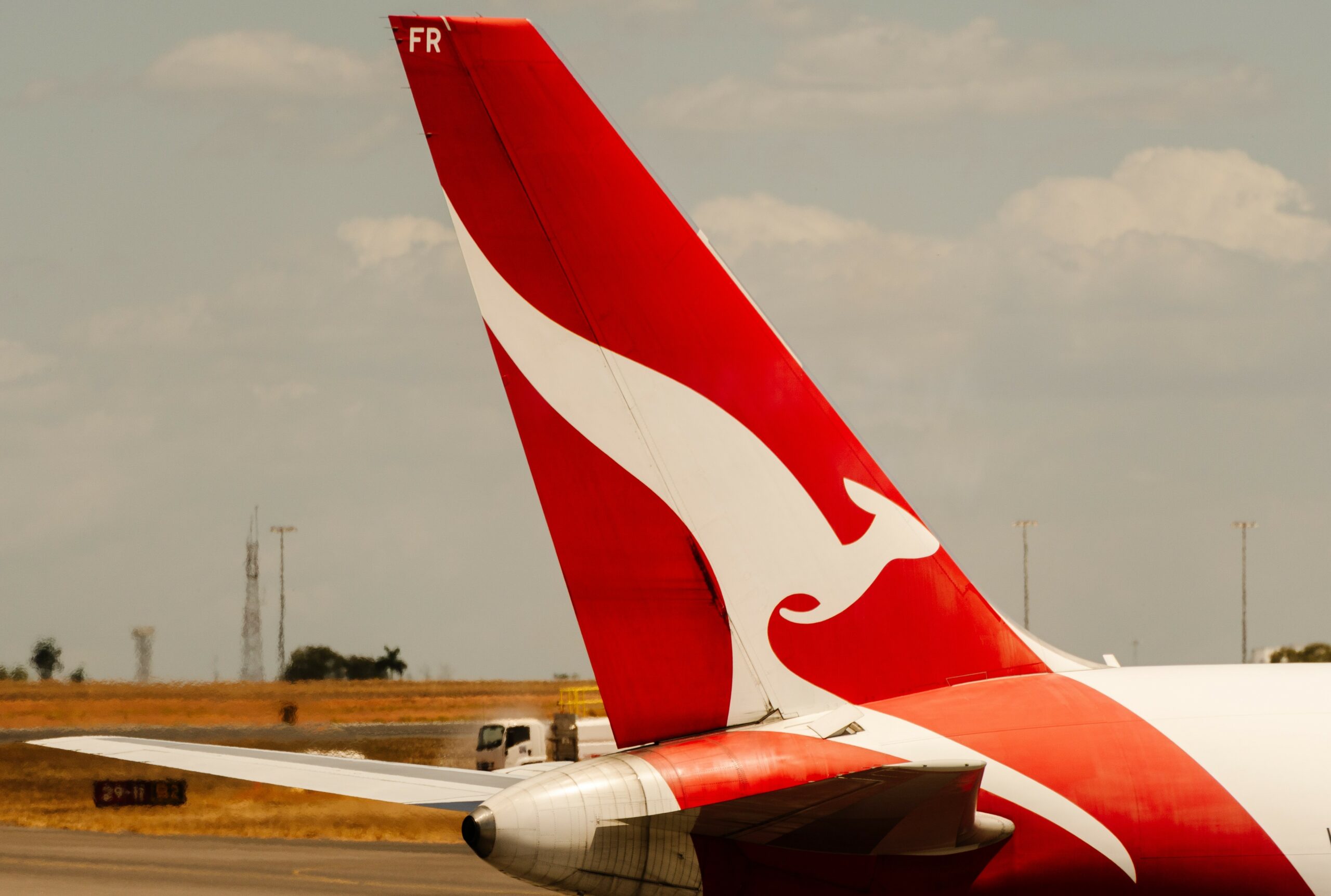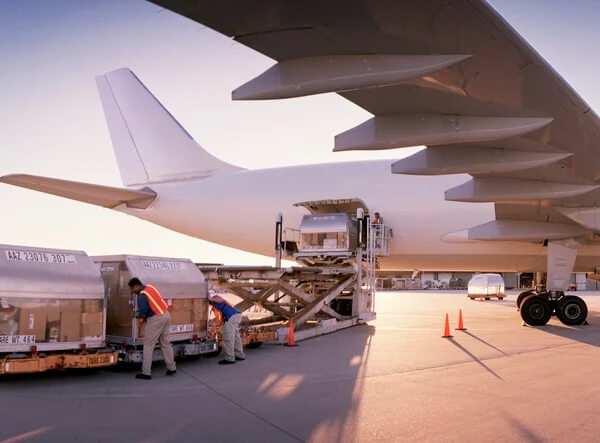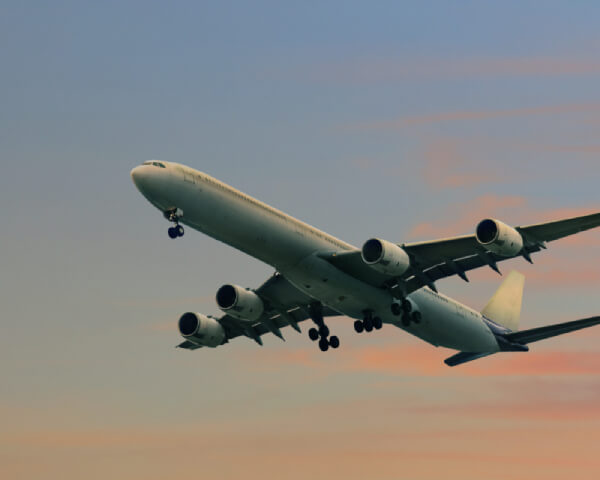Start moving in the
right direction.
Speak to us today to see how we can improve your business logistics, freight and customs related issues.


Temperature-controlled air freight is a specialised logistics service designed to transport goods that require specific temperature conditions throughout their journey. This service is crucial for maintaining the integrity, quality, and safety of sensitive products, especially in sectors like healthcare, agriculture, food, and scientific research. The ability to control temperature precisely, from the point of origin to the destination, ensures that these products arrive in optimal condition, ready for use or sale.


The pharmaceutical industry relies heavily on temperature-controlled air freight to transport vaccines, medications, and biological samples that require strict temperature management to retain their efficacy. The biological samples, including blood, tissue, and diagnostic specimens, need precise temperature conditions to prevent degradation or contamination.
While not immediately obvious, certain fertilisers, particularly those that are organic or have volatile components, might require controlled conditions to prevent decomposition or loss of effectiveness during transport.
Transporting live plants and plant products by air requires maintaining specific humidity and temperature levels to ensure they remain healthy and viable upon arrival. This is crucial for agricultural businesses, botanical gardens, and research institutions that depend on the global exchange of plant materials.
Sensitive medical and technical equipment, often characterised by high value and the need for precise calibration, requires controlled environments to avoid damage from temperature fluctuations. This equipment includes devices for diagnostics, surgery, and research laboratories.
The frozen food industry, including seafood, relies on temperature-controlled air freight to maintain the cold chain from producer to consumer, ensuring food safety and quality. This is vital for preventing spoilage and ensuring compliance with health regulations.
Transporting live insects for research or ecological purposes demands specific temperature and humidity levels to keep them alive and in a dormant state until they reach their destination.


The logistics of temperature-controlled air freight involve a series of coordinated steps and advanced technologies:
Innovative packaging, including insulated containers and dry ice or gel packs, is used to maintain requisite temperatures. Active containers with built-in cooling systems offer real-time temperature control for extremely sensitive shipments.
Real-time temperature monitoring technologies, such as IoT sensors, allow shippers and recipients to track the condition of the cargo throughout its journey. This data is crucial for ensuring compliance with regulatory requirements and for taking corrective action if temperatures deviate from the set range.
Transporting temperature-sensitive products, especially pharmaceuticals and food, is subject to stringent regulations to ensure safety and efficacy. Freight forwarders must navigate these regulations, ensuring all documentation and handling procedures meet global and local standards.
Airports and logistics providers invest in specialised handling services and storage facilities, such as refrigerated warehouses and cool dollies, to maintain the cold chain during loading, unloading, and transit stops.


Transporting temperature-sensitive goods by air freight comes with its set of challenges, including:
Maintaining the Cold Chain:
Ensuring a continuous cold chain in the face of varied environmental conditions and potential delays requires robust logistics planning and backup strategies.
Cost Management:
Temperature-controlled logistics typically incur higher costs due to specialised equipment and handling. Optimising routes and consolidating shipments can help manage expenses.
Regulatory Compliance:
Navigating the complex landscape of international regulations demands expertise and meticulous preparation to avoid delays or penalties.
Solutions involve leveraging advanced technologies, choosing experienced logistics partners, and continuous improvement of supply chain processes to address these challenges effectively.
Temperature-controlled air freight plays an indispensable role in the global supply chain, enabling the safe and efficient transport of temperature-sensitive products across industries. As the demand for such products grows, driven by global trade, healthcare advances, and consumer preferences, the importance of sophisticated temperature-controlled logistics solutions becomes ever more critical. By choosing Clarke Global Logistics as your partner, you’re gaining expertise, technology, and a global network to meet your specific needs, ensuring product integrity and compliance from start to finish.
Speak to us today to see how we can improve your business logistics, freight and customs related issues.